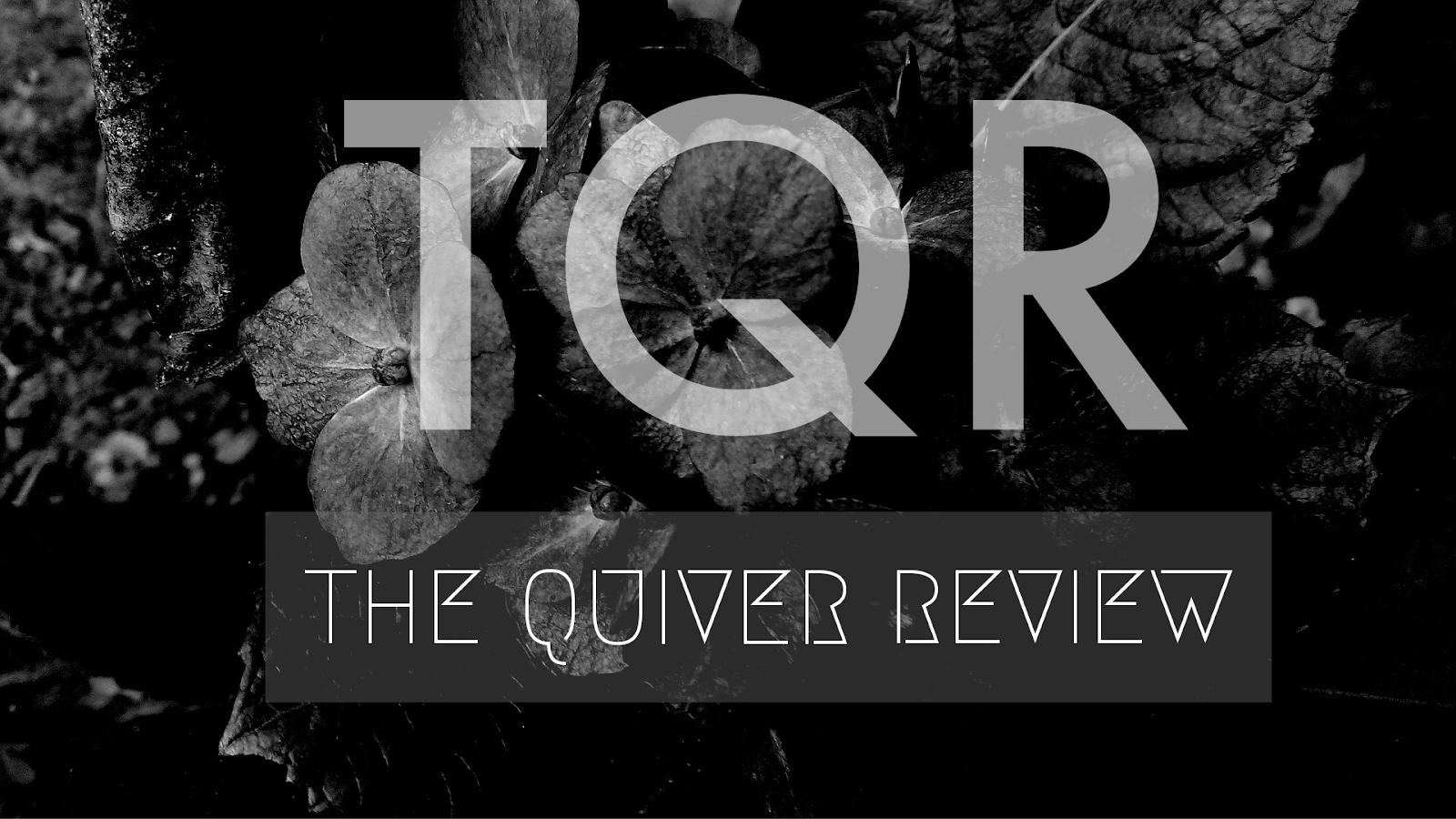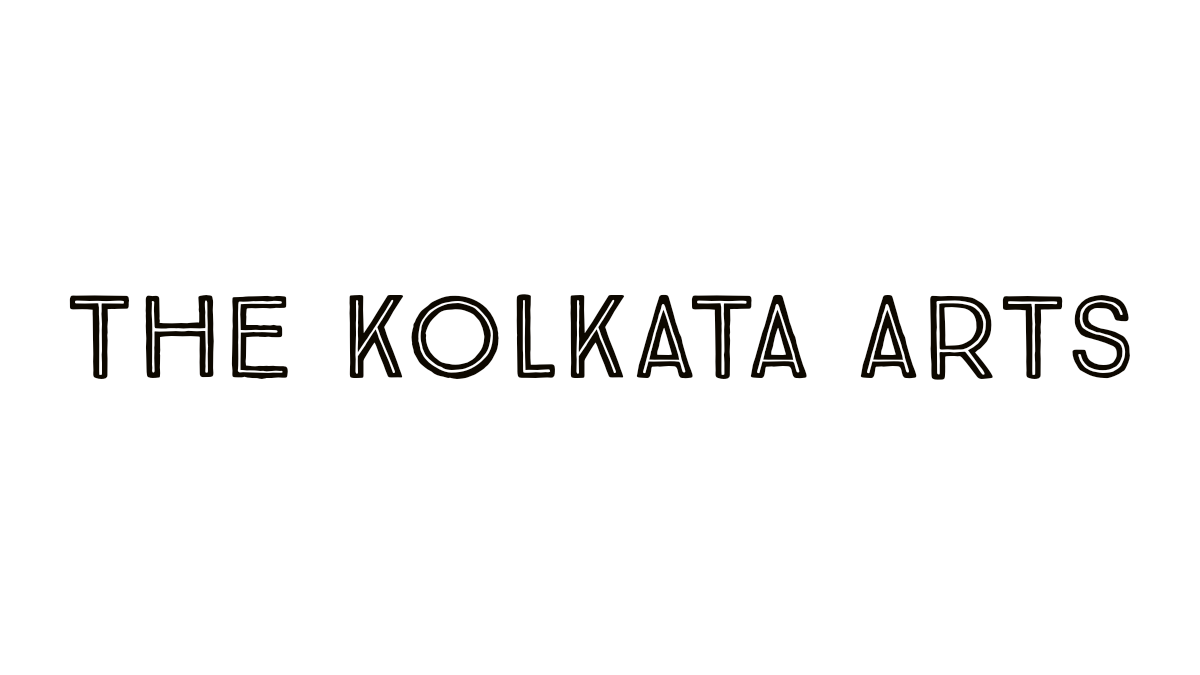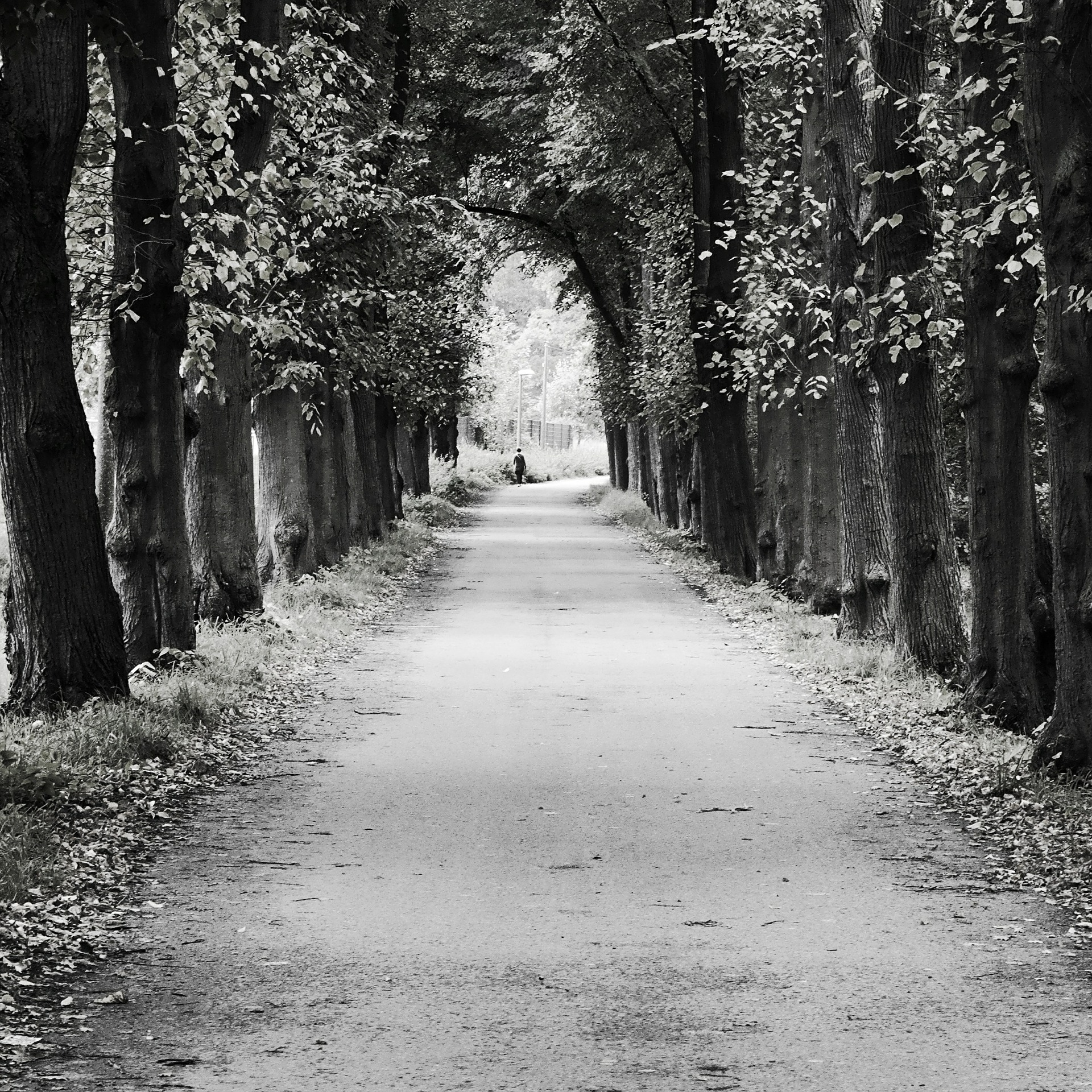Coastal Cruise by John Tavares
For the New Year’s Eve ball and dinner, and the grand finale, Hue said he needed regalia.
“Regalia? Like a dress suit?” Bella said.
“A tuxedo or formal,” Hue said.
“That’s overkill.”
After he spent the day in his cabin reading and felt hungry, and took a late-night saunter aboard the cruise ship, he first met Bella in one of several dining room and cafeterias, where he exploded an egg in the microwave oven. Bella insisted on helping him clean up the mess and splattered yolk, white, and exploded bits of egg shell and showed him how to properly hard boil an egg in a microwave oven. Then, continuing a stroll aboard the cruise ship, he glanced about the massive swimming pool, which Bella encouraged him to peruse, as they surveyed the deck of the massive superstructure. Bella said she had already taken a complimentary cruise aboard the ship, since the cruise line was a client of the agency that employed her, before the coronavirus pandemic nearly bankrupted the cruise company and forced it to look at innovative moneymaking ideas, including the current Thanatos and Hypnos British Columbia coastal cruise.
“Thanatos and Hypnos, though? What kind of name is that for a cruise?”
“The ancient Greek personification of death and sleep. Kind of apt, don’t you think?”
Hue marveled at the technological advances that allowed the cruise ship operators to keep the water temperature of the swimming and wading pool and ambient air warm despite the cool northern Pacific air. Bella pooh-poohed him, saying she didn’t see how there could be any other way on a Canadian cruise. She told him the ship had the most glass of any ship in the cruise line and highlighted the orca and humpback whales, surrounding the ship, magnificent ocean faring mammals he would not have even noticed if she did not guide him visually. Hue had been determined to keep to himself, but he nonetheless found himself constantly in conversation with the lithe, outgoing woman, who said she worked in event planning, corporate communications, and public relations. Bella admitted that if she was not determined to embark on the journey, carrying through on her commitment to its logical conclusion, she hoped to pick a few brains and come away with some useful information and lessons in event planning.
“So you’re still undecided?”
She nodded her head. “And you?”
“I thought I was determined, but now I wonder. Anyway, event planning?”
“That’s my specialty—fundraisers, pep rallies, conventions, award banquets, special meetings.”
“That’s what my daughter wanted to do,” Hue said, “work in public relations, or acting. I don’t think she could decide exactly what she wanted to do with her life. I think she understood there was more money in working for a big corporation, but she could never decide.”
“You didn’t say you had a daughter.”
“She wasn’t really my daughter. She was my ex-girlfriend’s daughter, Stephanie—a tall woman—she had presence. I think she should have gone into modelling.”
Bella’s brow furrowed. “Oh, your Stephanie—was she over tall, maybe over six feet?”
“Again, she wasn’t my Stephanie; she was my partner’s daughter.”
“Did she have striking looks—angular, curly orange hair, and large green eyes?”
“Yes, angular, thin, but strong. She almost threw me over a balcony once, a balcony on a high-rise.”
“We had a tall Stephanie show up for a job interview the boss asked me to attend. Afterwards, I said we should hire her, but my boss complained she was intense, intimidating, and seemed desperate. He probably just wanted a petite and buxomly girl, a lackey he could bounce on his knee. Anyway, he insisted the firm not hire her. That was unfortunate; I still think she’d have made for a good candidate for the position.”
Hue thought he heard an apt initial impression of Stephanie. “Your description matches her. Yes, I think that was Stephanie exactly.”
“Whatever happened to her.”
“She died.”
“What? I’m sorry to hear.”
“I think she committed suicide. She came to my apartment one evening when I was still in a wheelchair, recovering from chemotherapy and surgery for prostate cancer. I—we were on the fifty-seven floor of my condo building, on the patio. She snatched the oxygen tube from my nose. I was afraid I’d suffocate or have a cardiac arrest. She leaned against the balcony railing and held the nasal cannula fifty-seven floors above Yonge Street—sort of catch me if you can. When I reached for the tubing she fought me—I mean, kicking and screaming. By the time I finally managed to snatch the oxygen line back, she was holding me over the edge, practically dangling from the balcony. She held me, clenching my collar, until she finally released her grip and fell.”
Bella gazed at him, stunned. “That’s amazing. You’re lucky you’re still alive.”
“On many counts. But that was the kind of antics you learned to expect from her. She was aggressive. When I first broke up with her mother, and she moved out of my condo, I answered a knock on my door. Bella didn’t waste a second. Bang! She lunged into my apartment, attacked me, and started scratching and choking me. I had to call the police before she wrecked the apartment.”
“Wow. She’s quite the woman.”
“Was. That’s putting it mildly.”
While they surveyed the ocean and gazed at glaciers, Bella pointed out more orca and humpback whales. Bella hinted she had been suffering from a chronic illness, which sounded like a blood disorder, a blood cancer, a leukemia. The condition left her exhausted and in despair, but Hue thought it best not to press or pry and inquire for details or names. He feared if he became better acquainted and bonded with her he would lose what remaining motivation he now possessed to embark on the voyage to that ultimate destination. He showed her the thick paperback novels by Leo Tolstoy he brought to help him through the initial days of the ships cruise from the port of Vancouver, when he skipped the onboard workshops and seminars and group counselling related to death and dying and assisted suicide and euthanasia and other subtle distinctions. He also missed the sessions with the Canadian death and dying guru Stewart Mansbridge, whose lilting sing-song voice and smug suburban stories of life amidst the terminally ill in Toronto and inspiring speeches about the virtues of euthanasia and assisted dying were a muted hit with affluent cruise passengers.
Before the final New Years toast and bon voyage, the partiers and revelers were reminded by tour and event organizers they were, of course, free to opt out. Bella and Hue found themselves leaving the tranquil tables and chairs at the south end of the banquet hall and drifting towards the abandoned swimming pool.
“Cold feet?”
Hue shrugged his shoulder and raised his brow. “Literally and figuratively.”
Even though she appeared weary and resigned, Bella managed a chuckle. “You look like Pierre Trudeau, with his famous shrug.”
“You remember Pierre Trudeau?”
The New Years Eve Party provided a scintillating spectacle, as the aurora borealis cast a spectacular luminous glowing lightshow across the Pacific coastal skies. The ship cruised the ocean, through island channels along the rain forest coast, with orcas and humpbacks swimming and diving in the distance. With the eerie northern lights in the background, Hue found himself gravitating towards Bella, who steered him towards the quiet parts of the cruise ship. As his gaze drifted towards the opt-out section, he found himself browsing through the signs and placards posted along the banquet tables, which proffered literature, pamphlets, and booklets, including publications from a civil liberties organisation and the Hemlock Society. As the midnight hour approached, pyrotechnical explosions and bursting, cascading fireworks and whoops and cheers masked the arrival of helicopters, carrying crews of dozens of doctors, physicians’ assistants, paramedics, nurses, coroners, and officiants, with outfits leaning towards functional work wear, jumpsuits, scrubs, cargo pants. Associates dressed in black made available a wide selection of flavors of alcoholic and non-alcoholic beverages, including pricier and vintage wines, adulterated. Toasts were made from a wide selection of popular but tasteful wines, mixed with potent decoctions and concoctions. As Auld Lang Syne ushered in the New Year celebrants staggered, dropped, and toppled, as they lost sentience and consciousness. Having retreated to the opt-out section of the ship, Hue watched from a table with a pair of long-stemmed black roses as dozens of middle-aged men and women and seniors, vomiting, losing continence, leaking bodily fluids, collapsed to the deck collapsed and dropped to the floor. Younger adults staggered and toppled amidst the casualties, among whom were a disproportionate number of the disabled. Mortified, Bella set her spiked Vermouth on the table and stood beside Hue, clutching his arm, holding his hand. Hue felt flattered she seemed to be seeking comfort from him, but he wasn’t confident in his ability to provide solace. As each cruise ship passenger collapsed, uniformed paramedics and nurses emerged from behind screen doors and transported the bodies on stretchers and gurneys to the infirmary and the refrigerated morgue. Amidst stretchers and body bags, a doctor declared the celebrant dead. A second doctor examined the corpse again separately, verified the death certificate, and countersigned. The physicians listed the cause of death as assisted suicide. Arguments and counterarguments and quibbles about terminology ensued—some nurses and doctors personnel preferring the term assisted dying, others bemoaning the fact medico-bureaucratic jargon had not already been settled. Giant Sikorsky helicopters, whose rotors and engines made ominous noises associated with military combat and dramatic hovering rescues, evacuated the bodies of persons who desired traditional funerals at churches, chapels, cemeteries, or mausoleums in their hometowns. Remaining bodies were disposed of individually in a traditional maritime funeral at sunrise from the cruise ship, which continued its seaborne voyage to the port, near Vancouver, Canada, where, personnel aboard the cruise ship constantly reminded passengers, assisted dying was legal, even hassle free. Alongside Bella, Hue stayed up the entire night, resting alongside her in her cabin bed. They watched as the orange ball rose over the ocean horizon and dozens of bodies were released with dignified ceremony. The wrapped bodies and caskets and coffins slid down the ramp and chute, glided over the bow and stern, and plunged overboard, splashing into the cold, dark, icy ocean as priests, reverends, imams, rabbis, and even a wicca conducted funeral ceremonies. Afterwards, they made their way to Bella’s cabin and berth. Hue understood he originally came for a tranquil ending, a peaceful death, but, as Bella snored alongside him, he seemed to have discovered mature subdued romance.











Comments